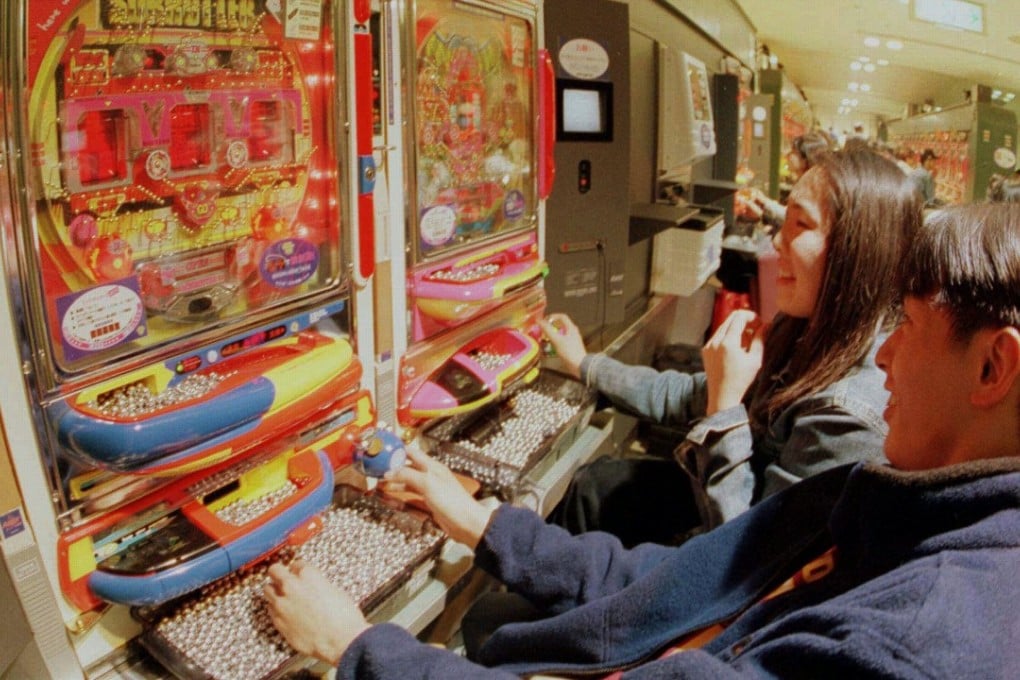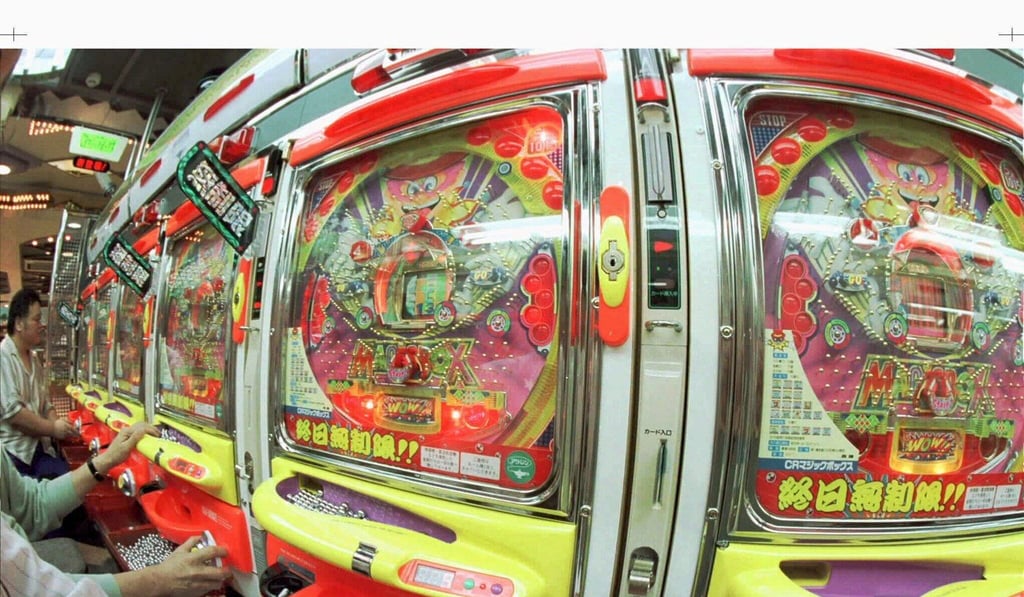Are Macau casinos playing a losing hand in Japan?
Even if Tokyo takes a bet on casinos, it may not require outside help to create them

Macau casino licensees have gone all-in on Japan, as the final bill for casino legalisation rolls towards a June 20 deadline. But even if the bill passes, developing integrated resorts there may not be a game Macau players can win.
Japan gives yakuza criminal gangs the finger
Despite those lost 25 years and a demographic time bomb that has wiped out population growth, Japan is the world’s most tempting virgin casino market, excepting the impossible dream of mainland China. Japan remains the world’s third-largest economy and has a gambling culture. Even without casinos, Japan’s estimated gross gaming revenue last year virtually matched Macau’s US$33.2 billion, more than US$30 billion of it from pachinko, Japan’s ubiquitous version of pinball that pays cash prizes under the table.

Casino fever spiked when Japan’s Diet legalised integrated resorts in principle in December 2016, pending a second implementation bill, submitted to lawmakers on May 23, roughly a year later than expected. As legalisation has progressed, Macau casinos have upped their bets. “Every concessionaire in Macau is active in the Japan market,” Global Market Advisers Director of Government Affairs Brendan Bussmann says.
The Japanese pachinko king taking a bet on Hong Kong justice
All six Macau concessionaires through their parent companies – Galaxy Entertainment, Melco Resorts, MGM Resorts International, Las Vegas Sands, SJM Holdings and Wynn Resorts – have set up offices in Japan seeking integrated resort roles, some with a dozen staff. Galaxy recently hired former Melco Resorts COO Ted Chan, until then the industry’s hottest unattached executive, and named him COO for Japan Development, based in Tokyo. Lawrence Ho’s Melco has offices in Tokyo and Osaka, the latter considered a lock for one of the three licences the implementation bill envisions.